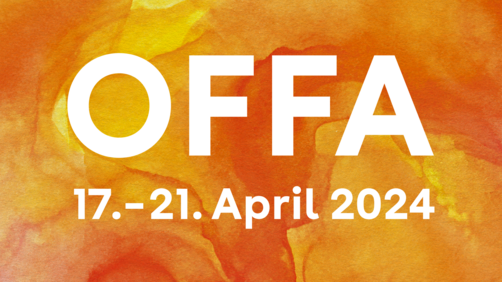Events - 08.05.2015 - 00:00
Paper tigers under fire
How strong are the NATO and EU alliances? Do they wield sufficient influence to counter conflicts? On the second day of the 45th St. Gallen Symposium, Anders Fogh Rasmussen, former Secretary General of NATO, faced questions asked by BBC presenter Stephen Sackur.

8 May 2015. Is the Atlantic NATO alliance sufficiently armed to curb conflicts and master crises? Or is it increasingly becoming a pawn in the hands of geopolitical interests? “The continuing skirmishes in Ukraine, the humanitarian disaster in Syria and the misery of people who flee to Europe across the Mediterranean appear to suggest something to the contrary,” said BBC presenter Stephen Sackur at the start of his interview with the Danish guest of the Symposium, Anders Fogh Rasmussen.
Security is not a matter of course
On the panel “Small is beautiful but not very safe: the asymmetry of military alliances”, Sackur called a spade a spade. When asked about the working and decision-making capacity of NATO as an institution, Rasmussen was markedly optimistic. In future, all 28 members are expected to bear the same responsibility and to commit themselves to the concerns of the alliance. 70 years after the end of the Second World War, NATO remained the largest framework for a “peaceful” coexistence of the alliance partners.
With a view to the conflict between Russia and Ukraine, Rasmussen admitted that NATO and the EU had not always interpreted Russia’s agenda correctly. Exactly for that reason, he was pleading for intensified cooperation and for investments in the defence capabilities of the West. “No one in NATO is interested in engaging in an armed conflict with Russia. This is why the West has imposed sanctions.” Sackur doubted that sanctions would have the desired effect in the long run, and asked about the role played by the US. Peace could only be guaranteed if in the alliance, strong partners such as the US took a stand for the interests of smaller alliance partners, countered Rasmussen. “We need the American commitment in order to be able to move things. We must be prepared to be able to react to terror, conflict or cyber attacks.”
“Appeasement will not lead to peace”
When confronted with the question as to which alliance was in less good working order at present, the EU or NATO, Rasmussen again emphasised the traditional role of both organisations as alliances for peace. Nonetheless, the EU occasionally acted too pacifistically: “I personally am for a more robust approach,” said Rasmussen. His wish for both institutions was: “My motto for conflict solution: speak softly, but be ready for action and carry a big stick.”
More articles from the same category
Discover our special topics











